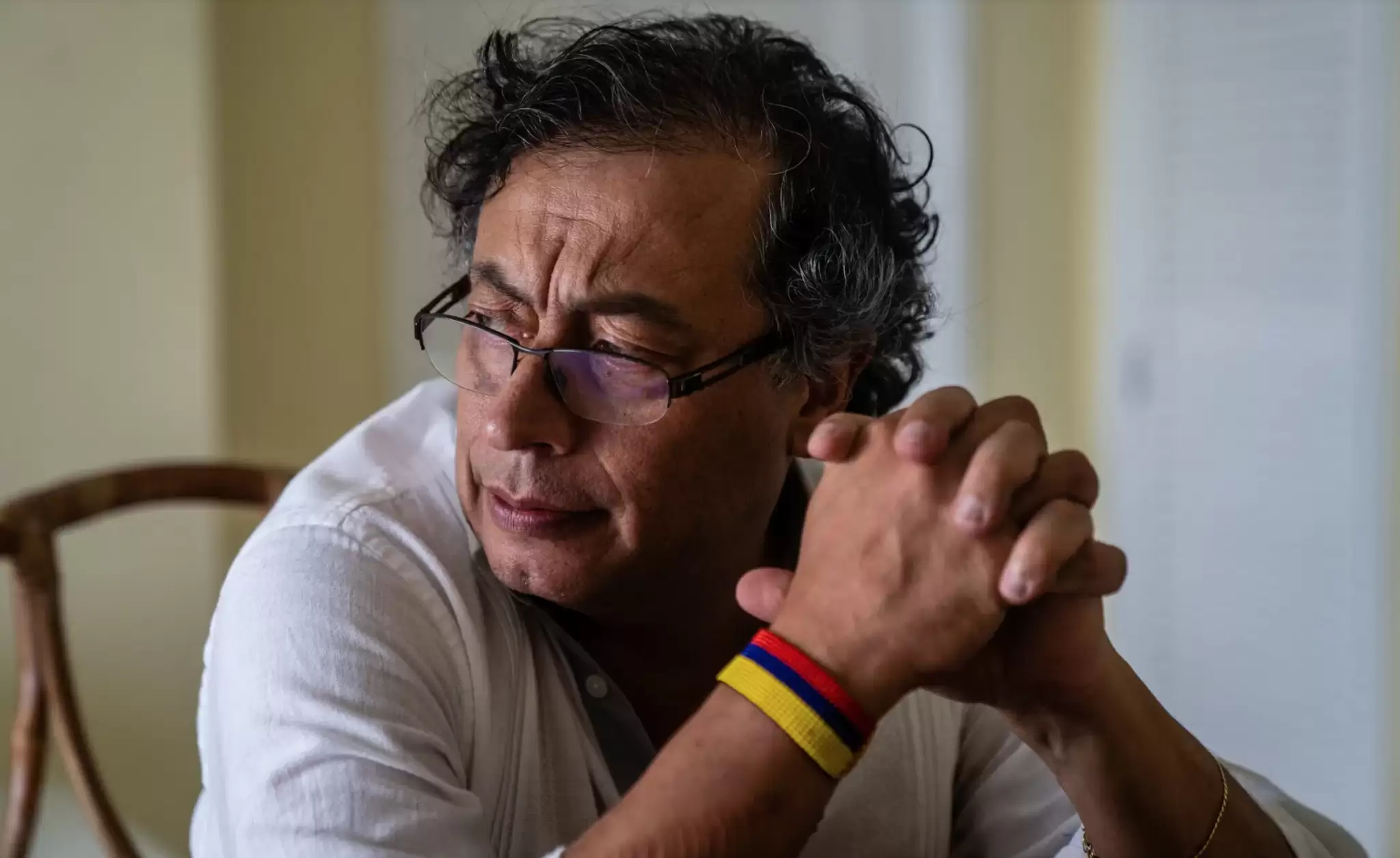On Sunday, June 19, the eyes of the world saw how in just a few hours Gustavo Petro was declared the winner of the presidential elections in Colombia in a quick and clean process. Colombians gave a lesson to the world on how a vote should be conducted and resolved effectively. Now begins a new stage in the Andean country’s politics where the stigmatized “left”, which has already called for a national agreement, will have to govern under the gaze of its own and others.
From now on, campaign proposals will have to depend on political dialogue in order to become public policy, which will test the fears of many Colombians who did not vote for Petro because of his lack of dialogue and management capacity, for example. But one of the areas in which the candidate and the government program of the Historic Pact itself did not delve too deeply is that of international relations. What can we expect from the new government?
The positioning of Colombia in the international sphere is one of the most delicate issues to be faced by the next Government and speculations about its inclinations in that field are marked by the already worn- propaganda of the right-wing, which has historically appeared in every election under the “Venezuelanization” of Colombia. Nevertheless, we have some guidelines.
Both in this campaign and in the previous one, Petro has distanced himself from the Venezuelan development model and its extractivist premise based on the export of fossil energy without diversifying its national production. The future president has also spoken of the authoritarian drift of Nicolás Maduro’s regime, marking, however, the differences from the first era of Hugo Chávez.
In this sense, it seems likely that the future government will take advantage of the discredit of the positions taken by President Iván Duque and the Lima Group to move away from the failed positions that continue to recognize Juan Guaidó as a legitimate president and brand Maduro as a usurper. Therefore, it is to be expected that Petro will opt for the third way, which while recognizing Maduro’s government, seeks to encourage dialogue so that Venezuela recovers its democracy and a battered economy.
Regional integration
Regarding the Inter-American dialogue, in his speech after the victory, Petro affirmed that he will seek to include all the countries of the region in the integration process at the hemispheric level, a position similar to that assumed by Mexico and Argentina in the IX Summit of the Americas. Thus, he will also position himself among the countries that intend to be more friendly interlocutors with the authoritarian regimes of Venezuela and Cuba. In the case of Nicaragua, it will be necessary to see how the new government deals with the conflicts over territorial sovereignty between the two countries.
But beyond these possible changes in Colombia’s regional positioning, it does not seem that this openness to dialogue with authoritarian governments implies a stamp of approval of their political regimes. Petro will probably maintain his commitment to liberal, representative democracy and the rule of law, much closer to the governments of Gabriel Boric in Chile and Alberto Fernandez in Argentina.
The commitment to sustainable development has been a distinctive feature throughout the electoral campaign. In the last super-cycle of elections in the region we saw how the candidates assumed concern for environmental impacts, but with the obvious intention of mitigating the investments’ damage in productive processes that leave a carbon footprint or affect watercourses and ecological balance.
Petro is making an important difference in this area and, in fact, could be considered the first environmentalist president in Latin America. As such, the multilateral system will have a friend in promoting the 2030 Agenda for sustainable development and the Paris Agreement. It is also expected that the Escazú Agreement will soon be supported by the Casa de Nariño.
Regarding the connection with the multilateral system, and more specifically the UN, the new government will probably have a very different relationship with the Peace Verification Mission in the country. The Duque government has maintained a tense relationship with the mission to the point that the UN had to place the Mexican Carlos Ruiz Massieu, close to the outgoing president, at the head of the mission. Equally important is Petro’s mention of the need for an international body to fight corruption. He was probably thinking of the International Commission against Impunity in Guatemala (Cecig), sponsored by the UN and outlawed by the agents of corruption entrenched in political power in the Central American country.
The last key point and one of the most important in the field of Colombian international relations is linked to its relations with the United States, since for decades it has been the closest ally of the power in Latin America, as stated by the Secretary of State, Antony Blinken, in his last visit to the country. At this point, the most likely scenario is a readjustment that consists of lowering the tone of the aspects related to security and drug trafficking and, perhaps, emphasizing climate change, where there may be a meeting point between the two governments. In fact, Petro has spoken of the global importance of maintaining the Amazon rainforest as the great carbon drain, a position also close to that of the United States.
Colombia has a lot of influence in the region, so the emergence of this new interlocutor in regional summits and forums will gradually strengthen its repositioning in the international arena. From August onwards, we will witness how effective this shift can be.
Translated from Spanish by Janaína Ruviaro da Silva











